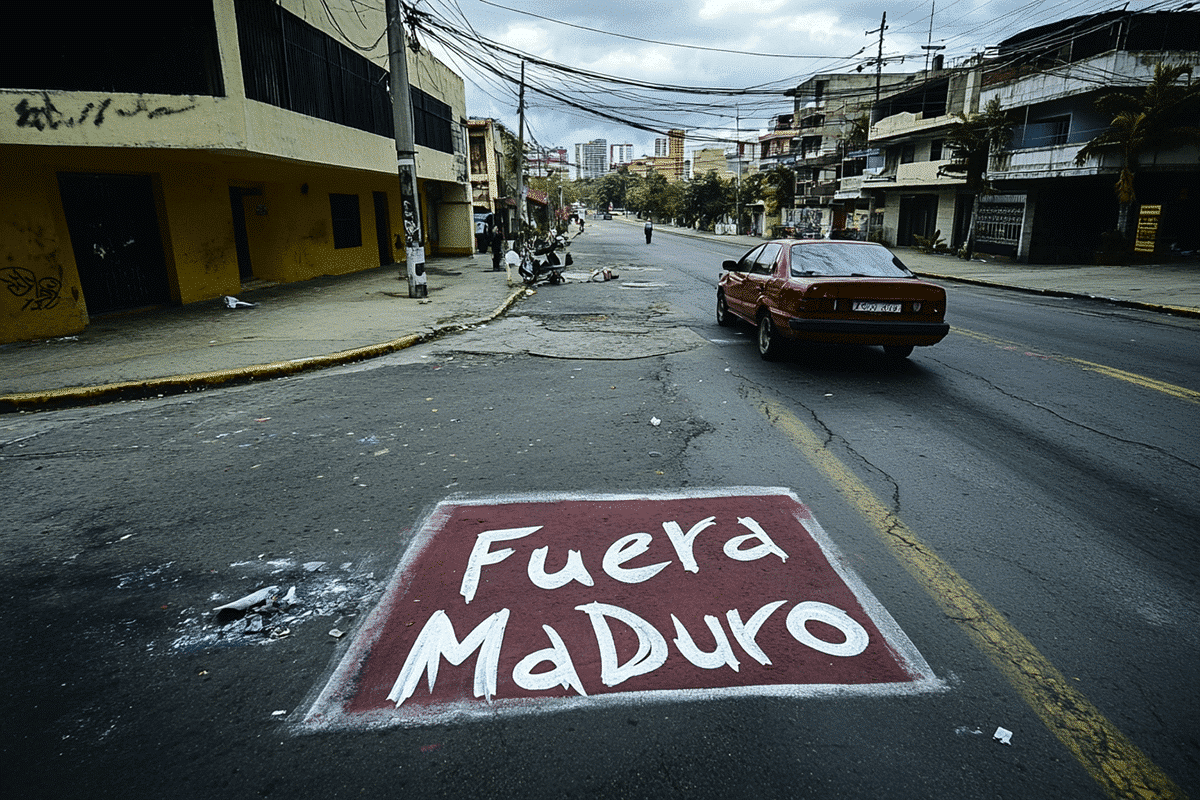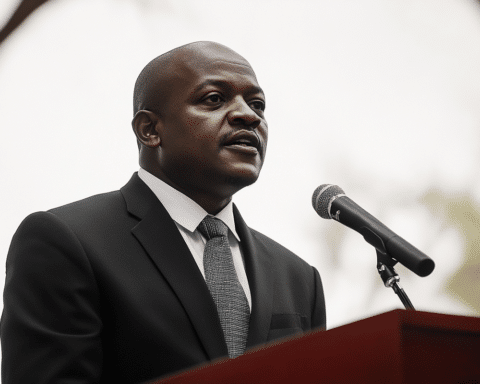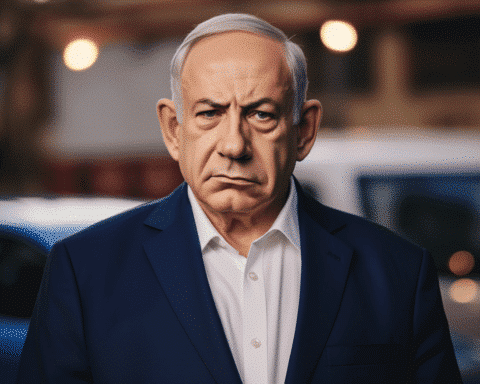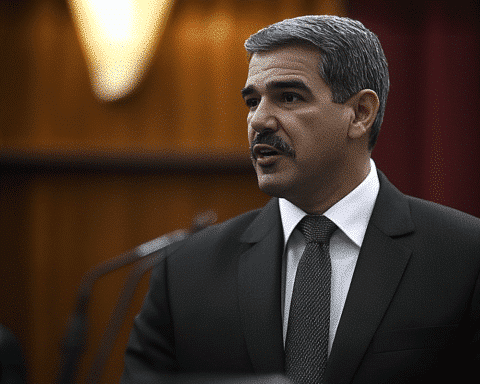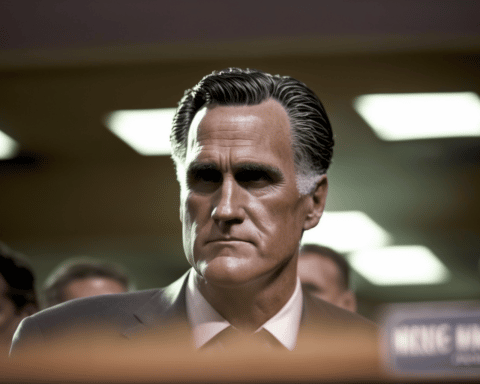International criticism against Venezuelan President Nicolás Maduro surged following the declaration of his victory in a contested presidential election. Electoral authorities announced Maduro as the winner, a result strongly disputed by the opposition, which claims a landslide victory.
The Organization of American States (OAS) was vocal in its condemnation, accusing Maduro’s government of sustained repression and criticizing the National Electoral Council for delaying the release of precinct-level results. The OAS called for a new election, emphasizing the need for robust international observation to resolve the starkly different results presented by electoral authorities and the opposition.
Venezuela, once boasting Latin America’s most advanced economy, has faced severe economic challenges since Maduro assumed office in 2013. The country, which has the world’s largest proven crude oil reserves, experienced a dramatic economic downturn due to plummeting oil prices, widespread shortages, and hyperinflation that soared past 130,000%. This economic collapse led to social unrest and mass emigration, with the UN Refugee Agency estimating that over 7.7 million Venezuelans have left the country since 2014.
Nationwide protests erupted following the election announcement, with thousands of Venezuelans taking to the streets. Opposition candidate Edmundo González claimed his campaign had the necessary evidence to prove his victory. González and opposition leader Maria Corina Machado reported possessing more than 70% of tally sheets, showing González received more than double the votes of Maduro. They urged their supporters to remain calm and gather peacefully, with demonstrations planned outside the United Nations offices in Caracas.
The protests were largely peaceful, though clashes with police did occur. National police officers in riot gear blocked a protest caravan, leading to a brawl where tear gas was used to disperse the crowd. Some protesters responded by hurling stones and various other objects. In one incident, a man fired a gun as the protesters moved through the financial district, though no injuries were reported.
Attorney General Tarek William Saab reported that over 700 people had been detained during the protests, including opposition leader Freddy Superlano, who was forcibly removed from his vehicle by armed individuals. Saab also mentioned that charges against some detainees would include terrorism, and noted that one officer had died and 48 military and police officers were injured during the unrest.
As protests continued, long lines formed outside supermarkets and stores in Caracas, indicating public anticipation of food shortages. This response is reminiscent of previous periods of prolonged demonstrations in the country, which often led to such shortages.
In a nationally televised ceremony, Maduro dismissed the opposition’s actions as another attempted coup, reaffirming the enforcement of Venezuelan law. He criticized the opposition for what he described as fascist and counterrevolutionary efforts and claimed the government had always been victims of the powerful, never moved by hatred.
Protest actions included the toppling and burning of a statue of Maduro’s mentor and predecessor, Hugo Chavez, in the port city of La Guaira. This statue, unveiled by Maduro in 2017, was destroyed during Monday’s protests, leaving only its base intact.
Discrepancies between the election results reported by the opposition and the official figures added to the controversy. According to González and Machado, tally sheets indicated that Maduro received over 2.7 million votes while González secured approximately 6.2 million. However, the National Electoral Council reported that Maduro and González garnered about 5.1 million and more than 4.4 million votes respectively. The official figures indicated that over 9 million people cast their ballots, out of an estimated 17 million eligible voters.
This election, noted for being one of the most peaceful in recent memory, had raised hopes that Venezuela could avoid further bloodshed and end its long-standing single-party rule. The winner of the election would inherit the challenge of steering an economy in recovery and addressing a population desperate for change.
